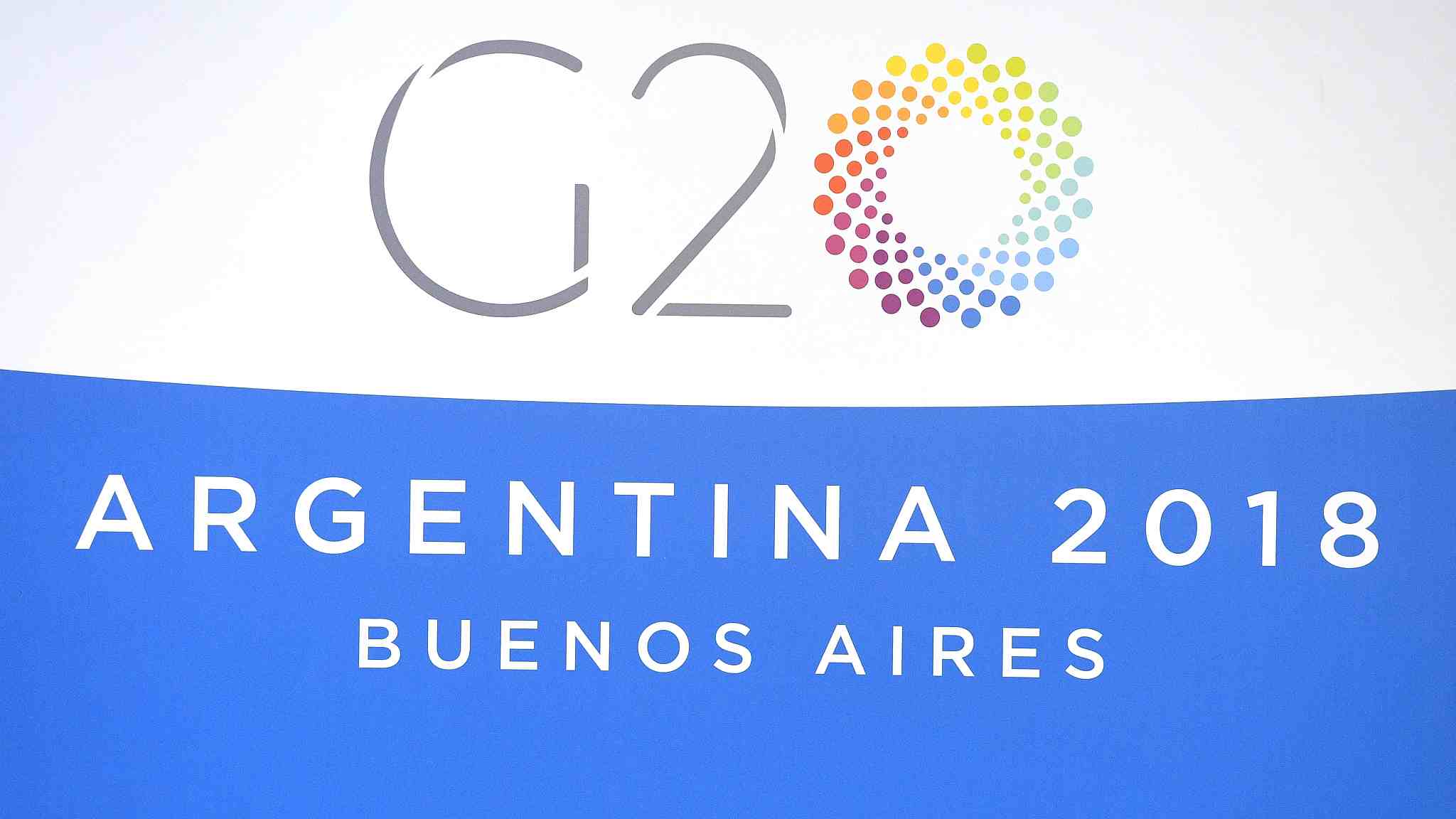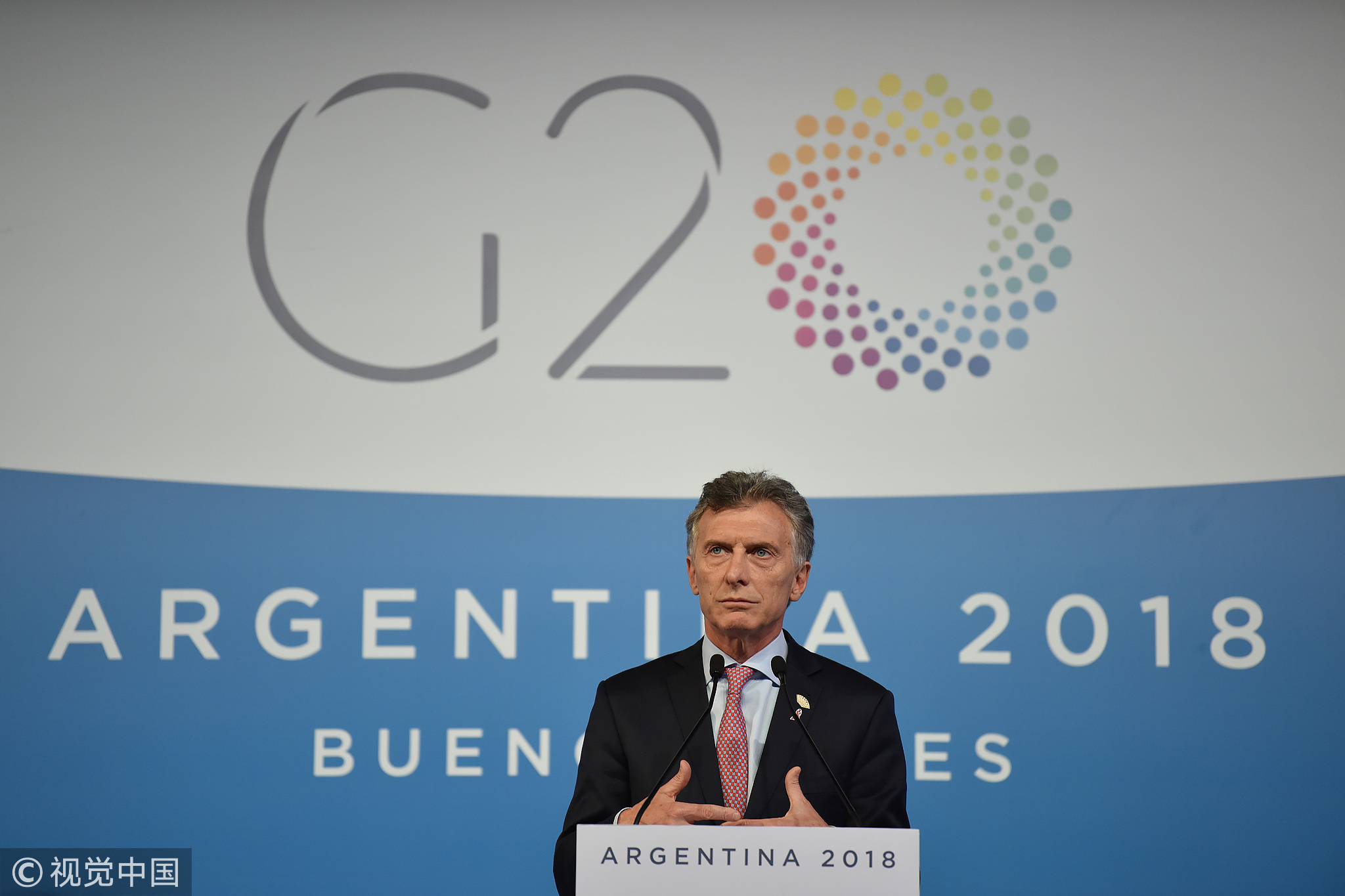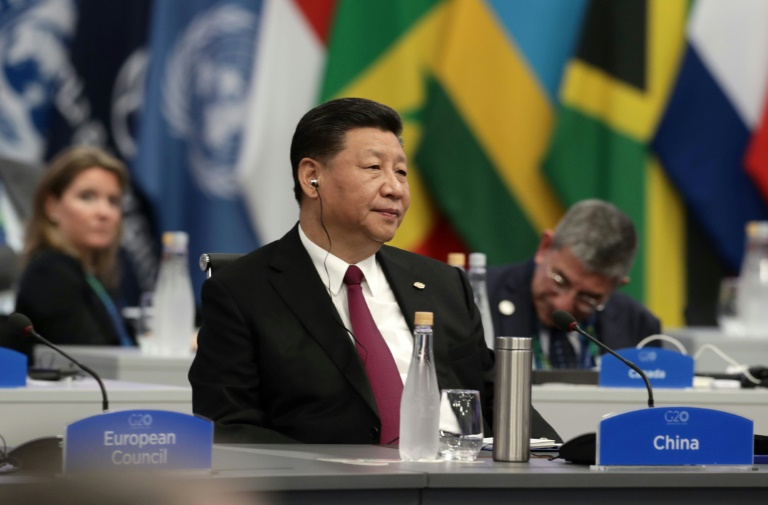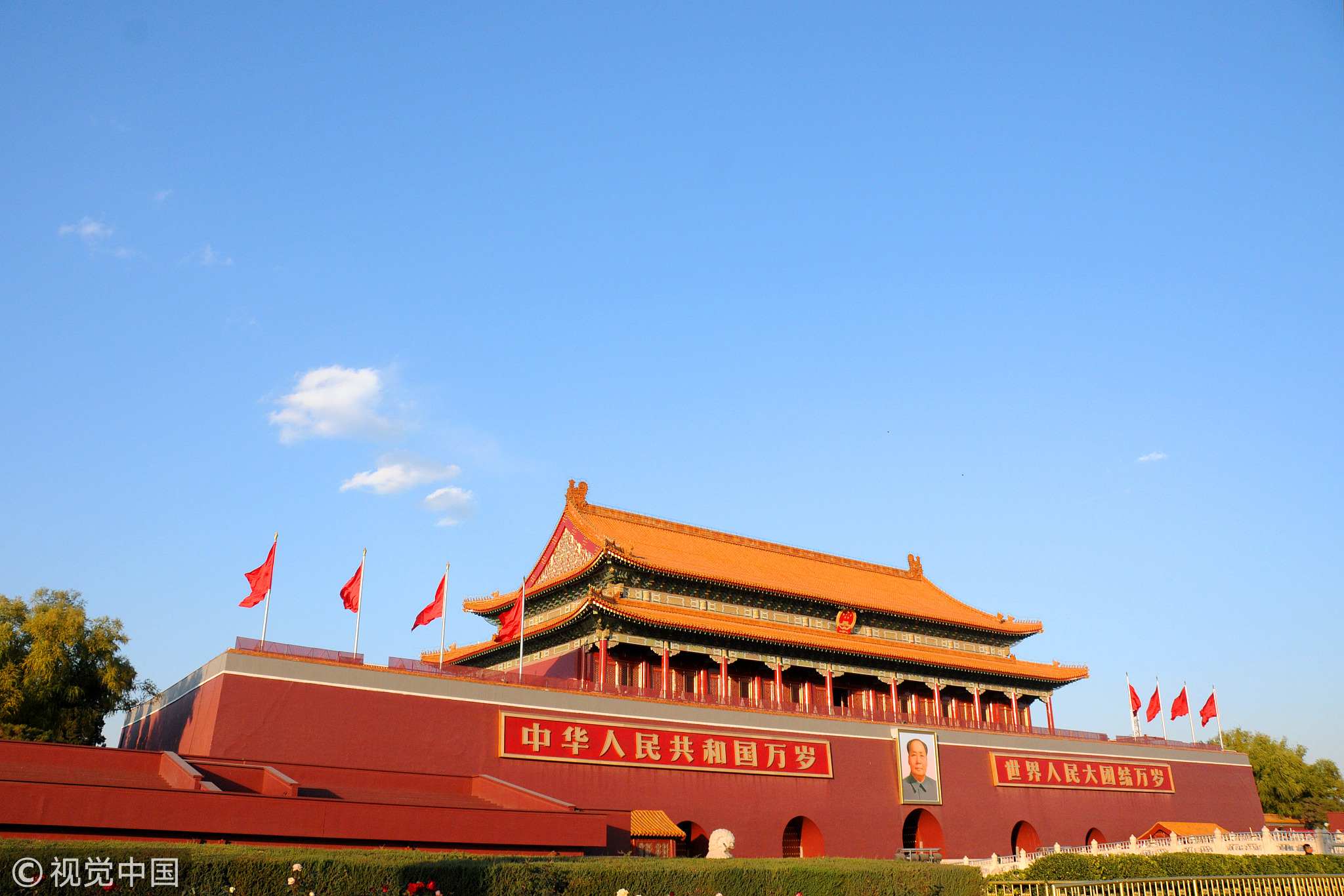
Opinions
14:54, 02-Dec-2018
Opinion: Look beyond the horizon and steer the world economy in the right direction
Updated
14:45, 05-Dec-2018

Editor's note: The following is an edited translation of a commentary from the Chinese-language "Commentaries on International Affairs."
Speaking at the opening session of the G20 summit in Buenos Aires on Friday, Chinese President Xi Jinping called on all members to “look beyond the horizon,” and “fulfill their responsibility and steer the global economy in the right direction.”
He urged the G20 members to “work with the same courage and strategic vision” as they had demonstrated in the past 10 years, “stay committed to openness and cooperation,” “forge a strong partnership,” “encourage innovation,” and “promote inclusive global development” to ensure that the world economy advances on the right track.
The G20 leaders' summit has played a key role in global economic governance over the past decade. This year's event takes place at a time when the world economy is facing downside risks and the multilateral trading system is being challenged by unilateralism and protectionism.
Facing another historic choice, both the BRICS countries and the European Union have expressed the determination to stay committed to openness and cooperation and to forge a strong partnership.
After consultation, all BRICS countries' leaders have reached the consensus that they should give full support to the rule-based multilateral trading system represented by the World Trade Organization, and ensure transparent, non-discriminatory, open and inclusive international trade.

President of Argentina Mauricio Macri speaks during a press conference on day 2 of sessions of Argentina G20 Leaders' Summit 2018 at Costa Salguero in Buenos Aires, Argentina, December 1, 2018. /VCG Photo
President of Argentina Mauricio Macri speaks during a press conference on day 2 of sessions of Argentina G20 Leaders' Summit 2018 at Costa Salguero in Buenos Aires, Argentina, December 1, 2018. /VCG Photo
The EU delegation noted in its policy document distributed during the G20 summit that the fact that the world's economies were brought out of the 2008 global financial crisis showed that, by working together, the challenges of the fast-changing world could be solved so as to ensure stability and continuity in the economic and financial systems that people have come to depend on for security and prosperity.
In his speech, Chinese President Xi Jinping called on the leaders of all member states to “stay committed to innovation and create new momentum for growth.”
Economist and Nobel Prize laureate Edmund Phelps also concluded in his book “Mass Flourishing: How Grassroots Innovation Created Jobs, Challenge and Change” that although economic, monetary and trade policies all have a role to play in promoting economic development and social prosperity, innovation contributes a great deal more to economic growth. In other words, innovation is the most important driving force of economic advancement.
Development is the common desire of all countries. However, there are few politicians who hold an inclusive perspective toward development. One of the reasons that anti-globalization has been on the rise in some Western countries is the divide between the rich and the poor.

Chinese President Xi Jinping at the G20 summit held in Buenos Aires, Argentina, November 30, 2018 /AFP Photo
Chinese President Xi Jinping at the G20 summit held in Buenos Aires, Argentina, November 30, 2018 /AFP Photo
Free trade and globalization benefit all economies of the world, but some people have a bigger share of the benefits, while others got smaller shares or even none at all. This will result in doubts and protests against globalization.
If political figures don't show their mettle, free trade and globalization will easily become the target of the public's complaints regarding the economic situation.
President Xi Jinping pointed out in his G20 speech that we should stay committed to win-win, mutually beneficial cooperation to promote inclusive global development. He said that since the global financial crisis 10 years ago, China has contributed over 30 percent of global economic growth.
China is firm in its resolve to eradicate poverty with the goal of eliminating absolute poverty as currently defined by 2020. This is one very good example of inclusive development.
During the past 10 years, China has been continuously deepening its reform and expanding the scale of its opening up.

Tian'anmen Square, Beijing, China /VCG Photo
Tian'anmen Square, Beijing, China /VCG Photo
It set up 12 national free trade zones and recently further lifted the bans on market access in industries such as finance, insurance, automobiles, and airplane manufacturing; international companies such as Allianz and BASF have gained approval to set up individual ownership businesses in China so they are no longer restrained to the proportions of shares of joint ventures.
Against the backdrop of today's globalization, countries are gradually forming groups that share common interests, responsibilities and the same future. No matter what lies ahead, cooperation to achieve a win-win situation is the only right choice.
Countries that only strive for their own advantage and a zero-sum game may seem to bring themselves benefits in the short term, but it will be detrimental to the global economy in the long run and will cost these countries chances of further development.
An unhealthy global economy is likely to drag all economies down. To find the right path out of the mire, one must stand up and look beyond the horizon, and this is true especially for the leaders attending the current G20 summit.
(If you want to contribute and have specific expertise, please contact us at opinions@cgtn.com.)

SITEMAP
Copyright © 2018 CGTN. Beijing ICP prepared NO.16065310-3
Copyright © 2018 CGTN. Beijing ICP prepared NO.16065310-3